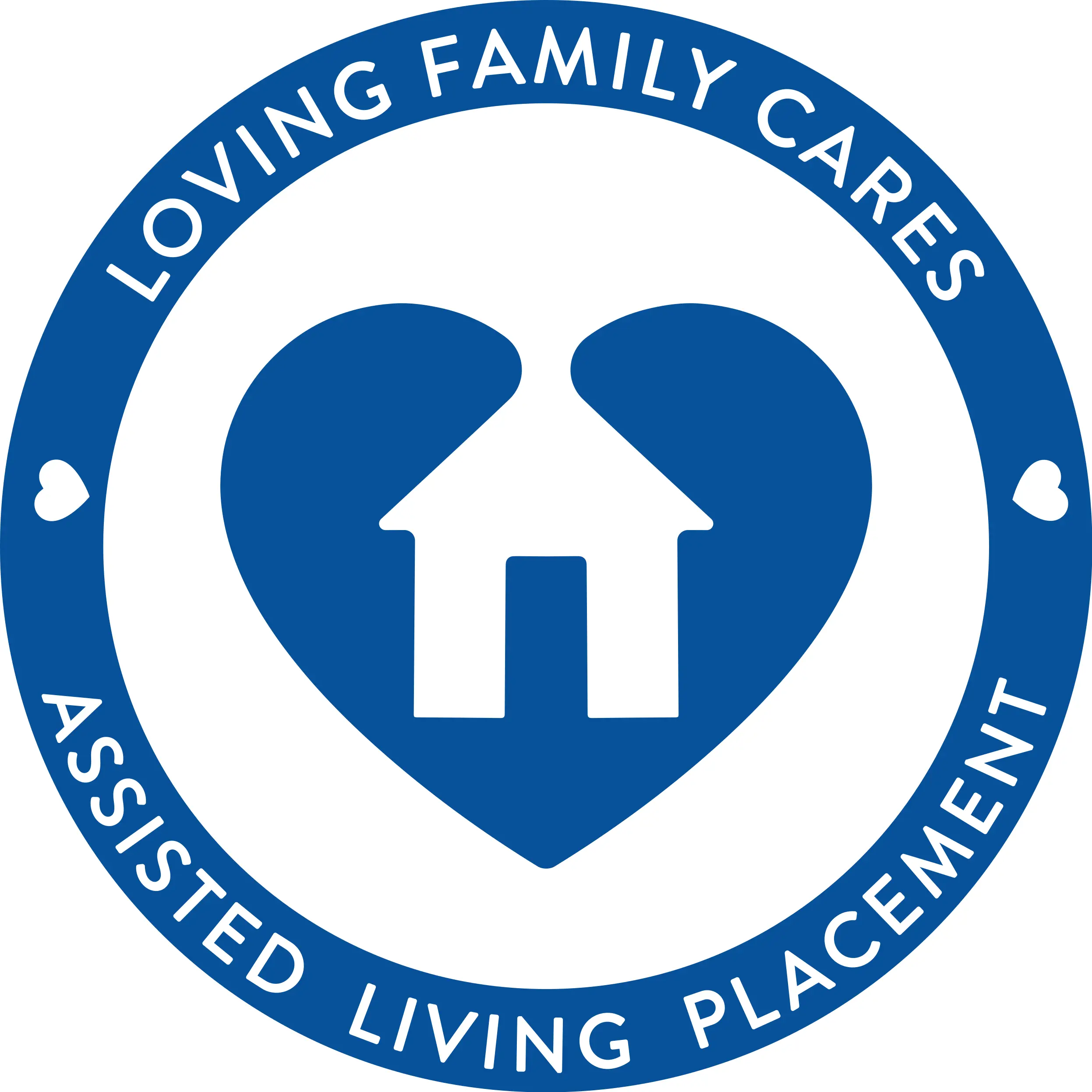Realizing that a loved one needs more help than you can provide can be a challenging and emotional experience. Whether due to age, illness, or a sudden change in health, recognizing this need is the first step in ensuring they receive the care and support they require. So what’s next once you’ve realized your loved one needs more help? At Loving Family Cares, we understand the complexities of this transition and are here to guide you through the next steps.
Recognizing the Signs
The first step in addressing the needs of your loved one is recognizing the signs that they require more help. These signs can vary but often include:
- Difficulty with Daily Activities: Struggling with tasks such as bathing, dressing, eating, and managing medications.
- Mobility Issues: Increased risk of falls, difficulty walking, or frequent accidents.
- Cognitive Decline: Memory loss, confusion, or difficulty making decisions.
- Social Isolation: Withdrawal from social activities, friends, and family.
- Neglected Home: A noticeable decline in household maintenance, cleanliness, and organization.
Evaluating Care Options
Once you’ve identified that your loved one needs more help, evaluating the available care options is important. Depending on their specific needs and circumstances, you can take several paths.
1. In-Home Care
In-home care services can provide the necessary support for those who prefer to remain in their own homes. This option allows your loved one to stay in a familiar environment while receiving assistance with daily activities and healthcare needs. In-home care can range from a few hours daily to 24/7 support, depending on the required level.
2. Assisted Living Facilities
Assisted living facilities offer a supportive environment where seniors can receive help with daily activities while maintaining a level of independence. These facilities provide a range of services, including personal care, healthcare, social activities, and dining options. At Loving Family Cares, we pride ourselves on creating a welcoming and nurturing community for our residents.
3. Memory Care
If your loved one is experiencing cognitive decline or has been diagnosed with Alzheimer’s or another form of dementia, specialized memory care may be necessary. Memory care units within assisted living facilities offer structured environments, tailored activities, and trained staff to provide the highest level of care and support.
Involving Your Loved One in the Decision
It’s crucial to involve your loved one in decision-making as much as possible. This can help them feel more in control and reduce anxiety about the transition. Discuss the different care options with them, visit facilities together, and listen to their preferences and concerns.

Planning the Transition
Once you’ve chosen the appropriate care option, planning the transition is the next step. Here are some tips to make the process smoother:
- Communicate Openly: Keep your loved one informed about the plans and timeline. Address any questions or concerns they may have.
- Prepare the Home: If opting for in-home care, make necessary modifications to ensure safety and accessibility. Help those moving to an assisted living facility pack and personalize their new space.
- Coordinate with Care Providers: Work closely with the care providers to ensure a seamless transition. Share relevant medical information, care preferences, and routines.
Supporting Your Loved One
The transition to a new care environment can be challenging for the individual and their family. Provide emotional support and reassurance throughout the process. Visit regularly, participate in activities together, and stay involved in their care.
Conclusion
Recognizing that a loved one needs more help is a significant and often difficult realization. The staff at Loving Family Cares is dedicated to providing the highest level of care and support to ensure your loved one’s well-being and happiness. By evaluating the available care options, involving your loved one in the decision, and planning a smooth transition, you can help them enjoy a fulfilling and comfortable life. Contact us today to learn more about our services and how we can assist you during this important journey. Schedule your free assisted living facility consultation today.




